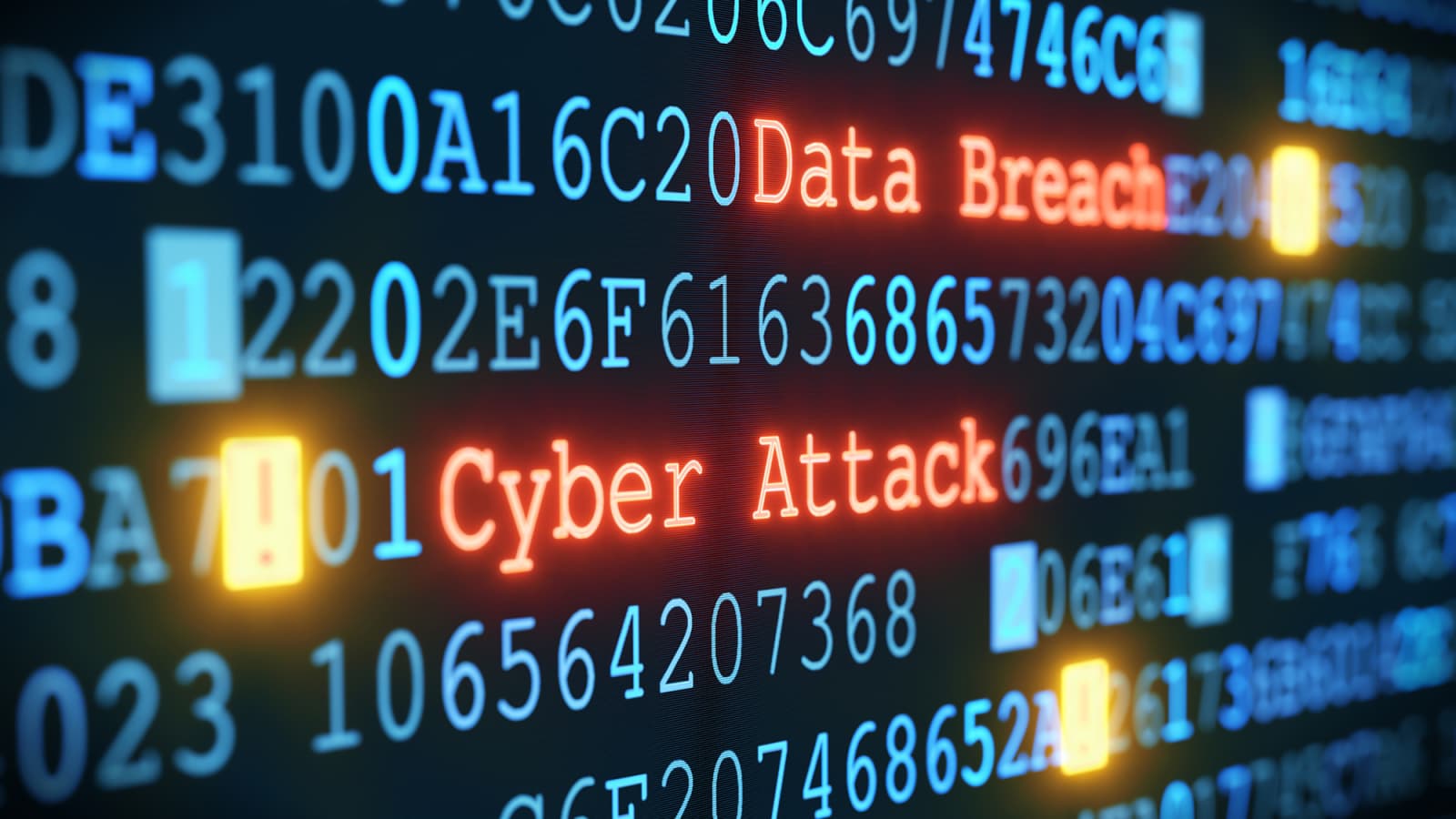In the glittering world of Las Vegas casinos, where fortunes are won and lost at the roll of a dice, a different kind of high-stakes game played out this September. Boyd Gaming Corporation, a major player in the U.S. gaming and hospitality industry, fell victim to a cybersecurity breach that exposed sensitive employee information. Discovered just weeks ago, this incident highlights the persistent threats facing the casino sector, which has become a magnet for cybercriminals due to its vast troves of personal and financial data. In this post, we'll break down the details of the attack, its implications, the company's response, and what it means for the broader industry. As cyber threats continue to evolve, stories like this remind us that even fortified empires can have vulnerabilities.
The Breach Exposed: Timeline and Tactics
The cyberattack on Boyd Gaming unfolded in early September 2025, with unauthorized activity first detected on September 6—the day after the initial intrusion began on September 5. The hackers' presence lingered until September 7, during which they accessed internal IT systems and exfiltrated data. While the exact methods used by the attackers remain undisclosed, the breach involved the unauthorized deletion and removal of information, primarily affecting employee records.
Boyd Gaming, headquartered in Las Vegas with 28 casino properties across 10 states and over 16,000 employees, formally reported the incident to the U.S. Securities and Exchange Commission (SEC) via a Form 8-K filing on September 23 or 24. The compromised data included personal details of employees and a limited number of other individuals, though specifics like the volume or types of information (e.g., Social Security numbers, addresses, or financial records) have not been publicly detailed. Importantly, no known ransomware group has claimed responsibility, and the attack did not disrupt casino or hotel operations, allowing business to continue as usual.
Rumors of the breach surfaced as early as September 14 on platforms like Vital Vegas, but Boyd Gaming waited until the SEC filing to confirm the details, emphasizing a thorough internal investigation. This delay, while standard for ensuring accuracy, has sparked questions about transparency in an industry already under scrutiny for past cyber lapses.
The Human Cost: Impact on Employees and Beyond
For Boyd Gaming's workforce, the breach represents more than a technical glitch—it's a direct threat to personal privacy. With employee data potentially including sensitive identifiers, affected individuals now face heightened risks of identity theft, phishing scams, or even targeted fraud. The company has begun notifying those impacted, as required by law, and is extending support such as credit monitoring services, though details on the scope remain limited.
The incident has already led to legal repercussions. On September 26, a former employee filed a lawsuit against Boyd Gaming, alleging that the company's cybersecurity measures were inadequate and failed to protect sensitive information. The suit claims subpar protections contributed to the breach, potentially setting the stage for a class-action case if more plaintiffs join. This isn't just about compensation; it's a signal that employees are increasingly holding employers accountable for data security failures.
Financially, Boyd Gaming downplays the impact, stating in its SEC filing that the breach is not expected to materially affect its operations or bottom line, thanks in part to comprehensive cybersecurity insurance covering investigation costs, notifications, and potential fines. However, the company's stock price dipped following the news, reflecting investor jitters in a sector reeling from similar attacks on peers like MGM Resorts and Caesars in recent years.
Swift Response: Containment and Collaboration
Upon detecting the intrusion, Boyd Gaming acted quickly by isolating affected systems and enlisting external cybersecurity experts to investigate and remediate. The company also notified federal law enforcement, demonstrating a collaborative approach with authorities to track down the perpetrators. This proactive stance aligns with best practices in incident response, helping to limit further damage and gather evidence.
In its communications, Boyd has reassured stakeholders that operations remain uninterrupted, underscoring the resilience of its infrastructure. By engaging regulators and notifying affected parties promptly, the company aims to comply with data protection laws, potentially mitigating regulatory penalties. As the investigation continues, more details may emerge about the attackers—whether they were opportunistic hackers, organized crime, or part of a larger campaign targeting the gaming industry.
Lessons for the Gaming Industry: Fortifying Against Future Threats
The Boyd Gaming breach is the latest in a string of cyber incidents plaguing casinos, where high-value data and constant digital transactions make them prime targets. It echoes the 2023 attacks on MGM and Caesars, often linked to groups like Scattered Spider, and underscores the need for robust defenses against social engineering, insider threats, and supply-chain vulnerabilities.
Key takeaways include the importance of multi-layered security: regular audits, employee training on phishing, and advanced threat detection tools. Insurance plays a role, but prevention is paramount—investing in zero-trust architectures and AI-driven monitoring could prevent exfiltration before it happens. For the industry at large, this event amplifies calls for stricter regulations and shared intelligence to combat evolving threats, especially as cybercriminals grow bolder.
As Boyd Gaming navigates the aftermath, the breach serves as a cautionary tale: in the casino world, the house doesn't always win against hackers. Have you been affected by a similar data breach, or do you work in an industry facing these risks? Share your insights in the comments below—let's discuss how to raise the stakes on cybersecurity.

